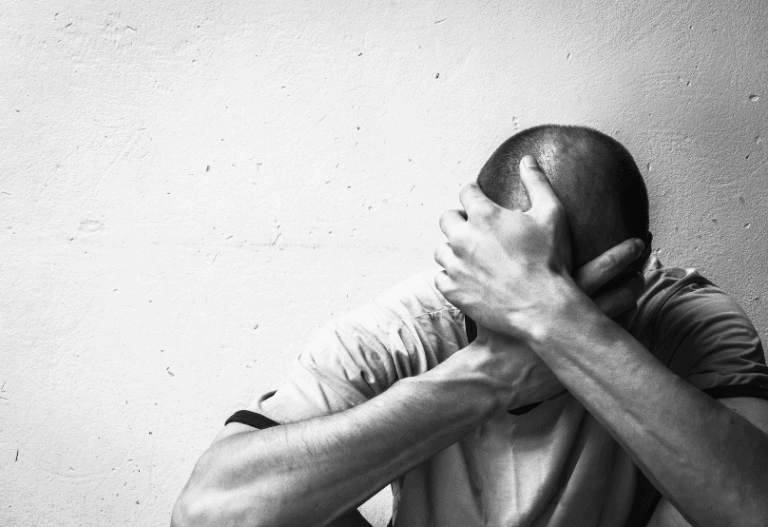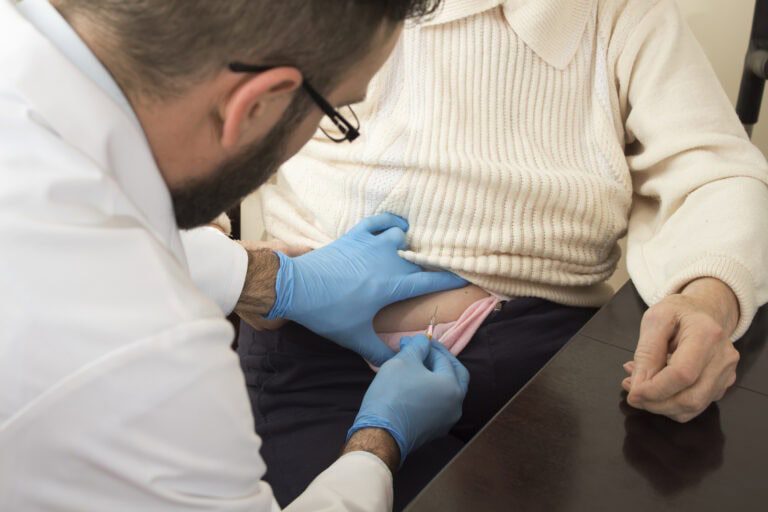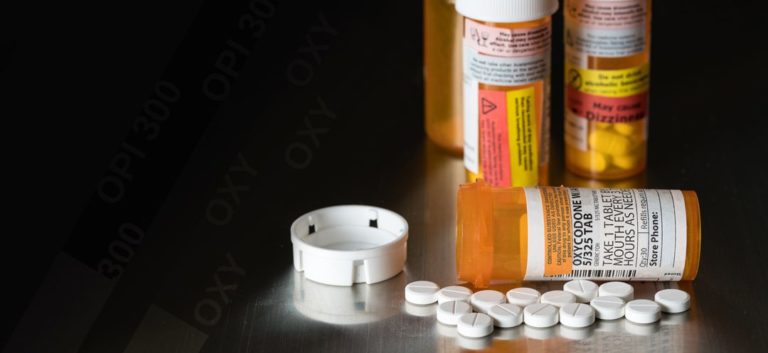How to Talk to Your Kids About Addiction
Maintaining a strong bond and open communication with your kids creates the nurturing environment necessary to have difficult conversations as they grow. Its so important to talk to your kids about addiction.
One of the most challenging things you can talk with your children about is drug and alcohol use. According to the National Institute on Drug Abuse, 31.2 percent of teenagers reported using drugs and alcohol in 2023. By talking to your children, you can help prevent them from experimenting with their peers and keep them safe.
Why Does It Matter That You Talk to Your Kids About Addiction?
You hold great influence over your child’s life, even if it may not seem like it. Your beliefs about drug and alcohol use will shape your child’s beliefs and behaviors, too.
As your child grows, so does the power of peer pressure. Unfortunately, some kids start experimenting with alcohol before 12 years old, and many first report trying marijuana around age 14. For this reason, experts suggest starting the conversation early.
Just as talking to your children sends a message about your views on drugs and alcohol, so does keeping quiet. Although these conversations are difficult, your child may assume drugs and alcohol are no big deal if you avoid the topic altogether, increasing their chances of experimenting.

What Is the Best Age To Start the Conversation?
Parents often wonder how young is too young to begin the conversation on drugs and alcohol. While nine years old may seem early, research indicates that some kids try alcohol by this age. It’s best to have this conversation before your kids become exposed to substances by their peers.
The older your children get, the more likely they are to try drugs or alcohol. Therefore, you should start these conversations in elementary school.
Your best chance of keeping your kids safe is to continue this conversation as they grow, adding age-appropriate information as necessary. Your discussion with your third-grader will not be the same as the one you have with your senior.
Drug and alcohol use are prevalent in our culture. As marijuana reaches legal status across more states, your children will encounter more situations where drugs are readily available. Open dialogue is key in preventing your child from experimenting.
Getting the Conversation Started
Starting the conversation about drugs can be intimidating for some parents, especially when you’re unsure what to say or worry about saying the wrong things. Your approach will differ depending on their age.

Talking With Your 8 to 12-Year-Old
For young children between the ages of 8 and 12, the best way to begin is by asking them open-ended questions. Ask them what they’ve heard about drugs and alcohol. You may be surprised by what your children already know.
Remaining nonjudgmental and practicing active listening will encourage them to be honest and open up to you. Usually, kids at this age are still open to talking with their parents about more difficult subjects and starting early can help them feel comfortable coming to you as they get older, too.
Talking With Your Teenager
Teenagers are more likely to already know someone who uses drugs or alcohol. As they approach driving age, discussing the dangers becomes critical. When you talk to your teen, your goal is not only to understand your child’s attitude towards drugs and alcohol but also to emphasize how dangerous it is to drive under the influence.
Explain the consequences to them, including the legal (loss of license, fines and jail time) consequences and the possibility that they could die or kill someone else. Here are some more ideas to use when shaping your conversation with your teen:
- Be honest with your kids – Include factual information about drugs and alcohol in your conversation. If there is something you do not know, consider researching the information together with them.
- Clarify your values – Make it clear that you disapprove of any drug or alcohol use and thoroughly explain the reasons why.
- Avoid lecturing your child – Drug and alcohol conversations can feel like lectures to some teens. Let them know you care deeply about their health and well-being, which is why you are talking with them. Do not exaggerate the dangers or give them false information. Encourage an open back-and-forth dialogue by letting them share their experiences and opinions. They may know much more about the topic than you realize.
- Discuss the consequences – Make sure they understand that you are prepared to monitor their activity if you suspect they are drinking or using drugs and that you will intervene, if necessary, with consequences. Make your consequences clear.
- Create strategies to deal with peer pressure – Give them ways to refuse drugs and alcohol, and consider creating a code word or phrase they can text you if they need an escape route from a tough peer pressure situation.
While on the topic, consider making a verbal or written contract with them about not driving under the influence. You can also promise your teens that you will pick them up at any time of day or night if the person they are with is drunk or high behind the wheel. This promise clarifies your expectations and also lets them know they can always come to you no matter what.

What if I Think My Child Is Using Drugs or Alcohol?
The fear of your child using drugs and alcohol is enough to keep any parent up at night. If you worry your child is using drugs or drinking, you must approach them with your concerns. The first step is to look out for signs that they are using, such as:
- Changes in behavior (increased irritability or anger, for instance)
- A loss of interest in normal activities or hobbies
- Social withdrawal
- Changes in appearance (such as a loss in weight)
- Rapid mood changes
- A decrease in academic performance
- Risky behaviors
Are You Covered For Treatment?
Oasis Recovery Center partners with numerous private insurance providers. Our team is committed to assisting you in quickly and effortlessly verifying your insurance coverage for treatment.
If you notice the above signs, the next step is to talk to your child or teen. Maintaining an open dialogue without getting angry can help you determine whether there is a problem. As you begin this conversation with your teen, remember the following:
- Never start the conversation if they are drunk or high. The discussion will not be productive.
- Stay supportive, remain calm and express your love for them.
- Instead of demanding answers, share your concerns in a caring manner (“I worry you may be using marijuana. Can we sit down and talk about this?”).
- Avoid using an angry tone of voice. Staying calm can keep them from getting defensive.
You may want to begin with the observations you made, whether it’s in your child’s behavior or something you have found in their room, clothes or car (“I found a beer can under your bed.”). However, do not immediately make accusations. Let them explain.
Remember to focus on your concerns and why you are having this conversation. Reinforce your family rules on drugs and alcohol use, and make sure you follow through on the consequences of using.
If you or someone you know is struggling with substance or alcohol addiction, Oasis Recovery Center is here to help.
Our goal is to help you discover a healthier life free from addiction. Our therapeutic modalities will address your physical, psychological and emotional needs so you can enjoy a healthier, sober life. Contact us today to learn more about our treatment facility and how we can help you break free from substance use.
Connect With Us Now
Reach out to us now for immediate support, or let us know the best time to contact you through our confidential callback service. Your journey to healing is just a conversation away.








